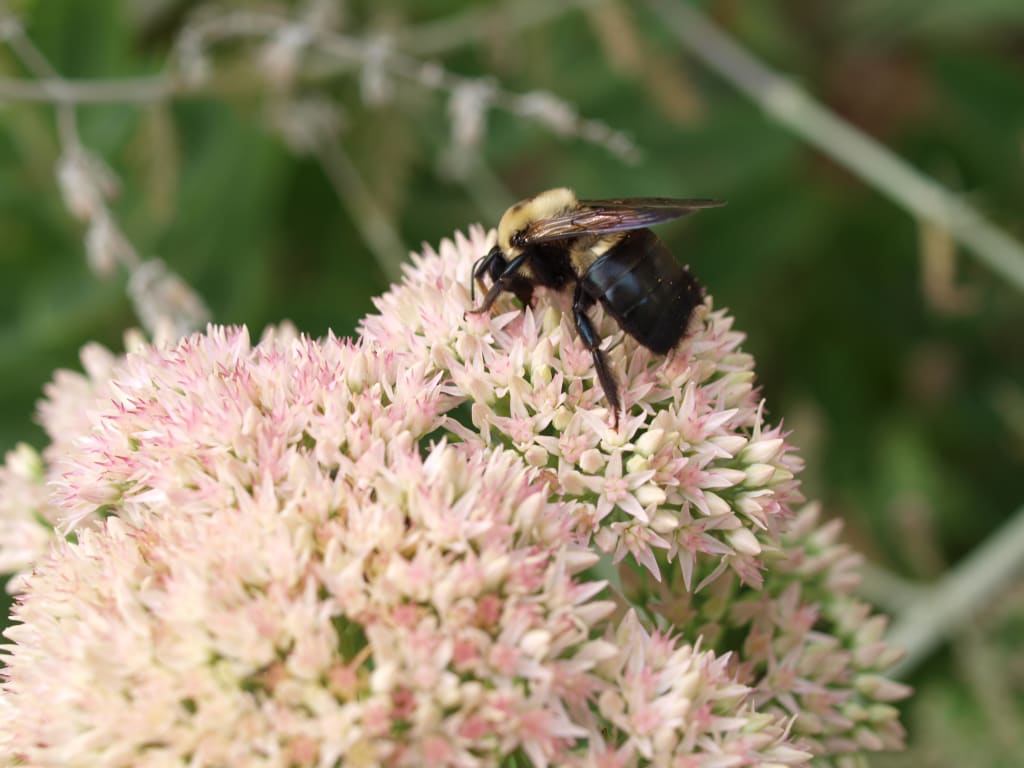
Organic farming stands as a distinctive agricultural method centered on cultivating crops and rearing animals through natural means, free from synthetic inputs like chemical fertilizers, pesticides, and genetically modified organisms (GMOs). Rooted in principles of sustainability, biodiversity, and ecological balance, the primary objective of organic farming is to yield healthy, nutritious food while safeguarding the soil, water, and the broader environment. Employing techniques such as crop rotation, biological control, and natural fertilizers, organic farmers uphold their commitment to sustainability.
The significance of organic farming reverberates across various domains, encompassing the promotion of sustainable agriculture, enhancement of food quality and safety, and the safeguarding of the environment. One of its key merits lies in the avoidance of synthetic pesticides and fertilizers, offering a healthier alternative that minimizes exposure to substances linked to health problems such as cancer, reproductive issues, and neurological disorders. Furthermore, organic produce has demonstrated higher nutrient content, boasting elevated levels of essential elements like vitamin C, iron, and magnesium.
Another pivotal aspect is the prohibition of antibiotics and hormones in livestock production, mitigating health risks associated with consuming conventionally produced meat and dairy products. The reduction in the use of synthetic chemicals through organic farming practices translates to lower environmental pollution, contributing to healthier soil, water quality, and enhanced biodiversity.
By adopting practices such as crop rotation and the use of natural fertilizers, organic farming minimizes the risk of food contamination by harmful bacteria, fostering a safer food production environment. Beyond these advantages, the impact on the broader environment is profound. Organic farming supports soil health through practices like cover cropping, which helps build robust, nutrient-rich soils with improved water retention and erosion resistance.
Promoting biodiversity, organic farms become havens for diverse plant and animal life, creating a more balanced and resilient ecosystem. Reduced reliance on synthetic fertilizers and pesticides not only safeguards wildlife but also aids in mitigating climate change effects by sequestering carbon in the soil and promoting sustainable land management practices.
For animals, organic farming manifests as a beacon of welfare considerations. Ensuring access to the outdoors, fresh air, and natural light, it allows animals to engage in natural behaviors, promoting better health and well-being. The prohibition of antibiotics and growth hormones in organic farming prevents routine administration, contributing to animal and human health by averting antibiotic resistance and minimizing artificial growth stimulation.
Organic farming practices that allocate more space per animal enhance animal welfare, reducing stress and promoting overall better health. The emphasis on creating a more humane environment underscores the commitment to fostering a balanced coexistence between agriculture and animal well-being.
In conclusion, organic farming emerges as a holistic approach that extends benefits across multiple dimensions. From producing healthier, nutrient-rich food to safeguarding the environment and prioritizing animal welfare, the principles of organic farming align with a vision of harmonious coexistence. As we navigate the complexities of modern agriculture, embracing organic farming practices stands as a transformative step toward cultivating a sustainable, healthy future for both humanity and the planet.
With its emphasis on sustainability, organic farming serves as a model for responsible agricultural practices, challenging the status quo of industrialized farming. The synergy between nature and agriculture in organic farming fosters a delicate balance, where the well-being of the ecosystem is paramount. By incorporating these principles into mainstream agriculture, we can work towards a future where the health of the planet and its inhabitants is prioritized. As consumers, advocates, and stewards of the Earth, we have the power to influence positive change by supporting and promoting the principles of organic farming. Through collective efforts, we can cultivate a harmonious and sustainable future, where the interdependence of agriculture, the environment, and animal welfare is celebrated and preserved for generations to come.
About the Creator
Līva
World is interesting place. Scary, but worth living.
Nature is full of surprises and people are... well, people are something else.
Art is the best doctor.





Comments
There are no comments for this story
Be the first to respond and start the conversation.